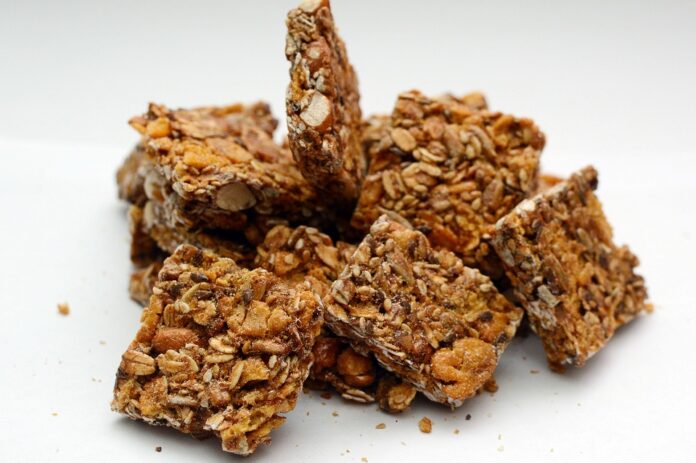Introduction
Breakfast bars have become a popular choice for busy individuals looking for a convenient and nutritious meal on-the-go. In recent years, there has been a growing trend towards protein and fiber fortification in breakfast bars to enhance their nutritional value and boost performance. This report will explore the benefits of protein and fiber fortification in breakfast bars, how it can improve performance, and the impact it has on the industry.
The Importance of Protein and Fiber Fortification
Protein
Protein is an essential macronutrient that plays a crucial role in muscle growth, repair, and overall health. Including adequate amounts of protein in breakfast bars can help individuals feel full and satisfied for longer periods, which can aid in weight management and reduce cravings for unhealthy snacks throughout the day. Additionally, protein is key for supporting energy levels and improving performance during physical activities.
Fiber
Fiber is another important nutrient that is often lacking in the average diet. Fiber helps to support digestive health, regulate blood sugar levels, and promote satiety. By fortifying breakfast bars with fiber, manufacturers can offer a product that not only tastes good but also provides lasting energy and promotes overall well-being.
The Performance Benefits of Protein and Fiber Fortification
Improved Satiety
Protein and fiber work together to increase feelings of fullness and satiety, which can help individuals avoid overeating and make healthier food choices throughout the day. Breakfast bars fortified with protein and fiber can be a satisfying and convenient option for individuals looking to fuel their bodies and stay on track with their health goals.
Enhanced Energy Levels
Protein is essential for supporting muscle function and repair, which can be particularly important for individuals engaging in physical activity or exercise. By including protein in breakfast bars, manufacturers can offer a product that supports muscle recovery and helps to maintain energy levels throughout the day. Fiber also plays a role in regulating blood sugar levels and preventing energy crashes, making it a valuable addition to performance-focused breakfast bars.
Industry Insights
Market Trends
The market for breakfast bars has been steadily growing in recent years, driven by consumer demand for convenient and healthy snack options. With the rise of protein and fiber fortification, manufacturers are able to tap into this trend and offer products that meet the needs of health-conscious consumers. Companies such as KIND, RXBAR, and Nature Valley have all introduced protein and fiber-rich breakfast bars to cater to this growing market segment.
Financial Data
According to market research firm Statista, the global breakfast cereal market is projected to reach $40 billion by 2025, with a compound annual growth rate of 4.3%. Protein and fiber-fortified breakfast bars are expected to contribute to this growth, as consumers continue to prioritize health and wellness in their food choices. Companies that invest in fortifying their breakfast bars with protein and fiber stand to benefit from increased sales and market share in the competitive breakfast bar industry.
Conclusion
Protein and fiber fortification can significantly enhance the performance of breakfast bars, making them a more nutritious and satisfying option for consumers. With the market for breakfast bars continuing to expand, manufacturers have the opportunity to capitalize on the trend towards protein and fiber-rich products. By understanding the benefits of protein and fiber fortification and incorporating these nutrients into their breakfast bar offerings, companies can attract health-conscious consumers and drive growth in the competitive breakfast bar market.



